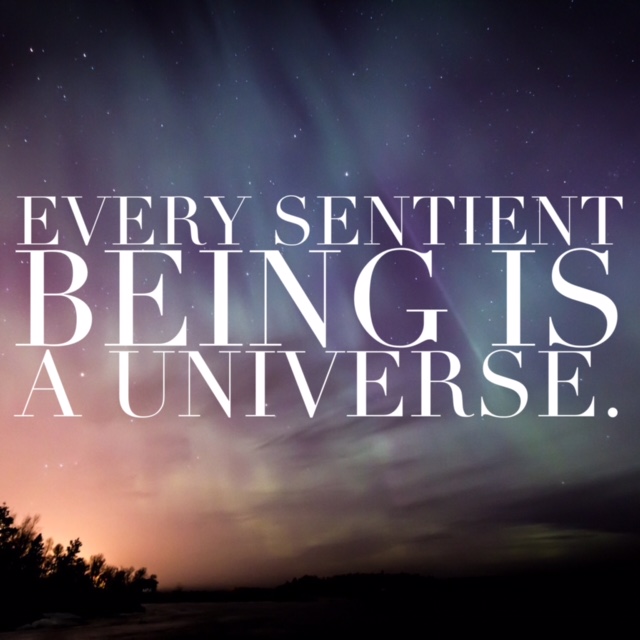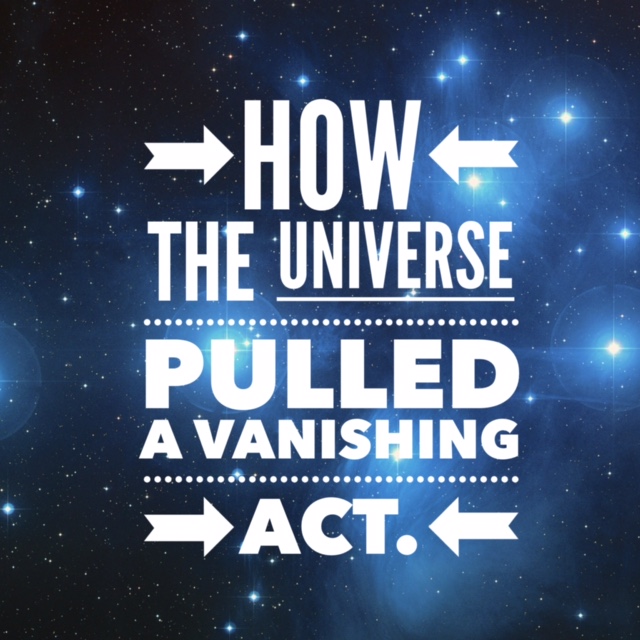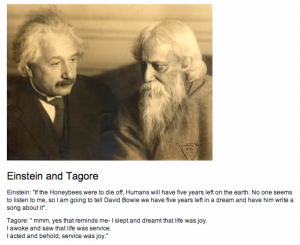By Deepak Chopra, MD, and Menas Kafatos, PhD
For some time now most of the universe has gone dark. This startling news was brought to popular attention in a June Op-Ed piece in the New York Times called “A Crisis at the Edge of Physics.” It began, “Do physicists need empirical evidence to confirm their theories?” In other words, once you work out a theoretical explanation for how Nature works, do you need evidence to prove it?
The answer seems like an obvious yes. If someone had a theory that unicorns live at the center of black holes, no one would believe it without evidence. But for a hundred years, ever since the quantum revolution, mathematics has often substituted for empirical data. The quantum world is too far removed from the everyday world for empiricism to guide the way. There have been famous validations of arcane theories, as when astronomers used a total solar eclipse in 1919 to verify Einstein’s General Theory of Relativity that light can been bent into a curve by strong gravitational forces.




